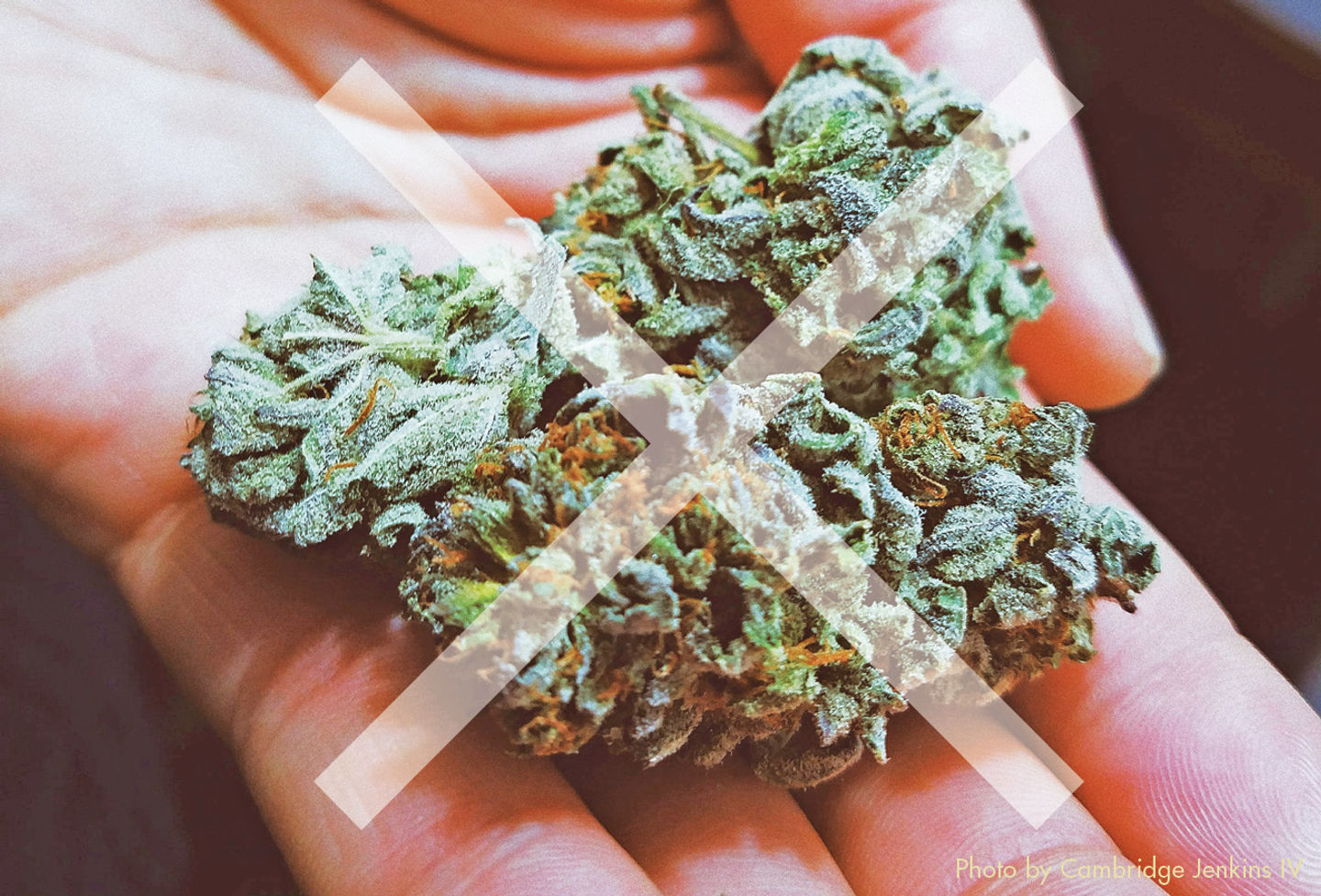In the lead up to Election Day 2020, polling indicated that New Jersey residents supported marijuana legalization at near historic levels. And when voters had the opportunity to approve a legal pot industry in the Garden State, they were emphatic. Legalization passed with an astounding 67 percent of the vote in New Jersey. Post-election analysis revealed that pot was approved in 562 of the state’s 565 municipalities.
Support for taxed and regulated marijuana was strong across different age groups, political affiliations and races. Pot was popular in urban and rural areas. The message was clear: New Jersey was all in on Cannabis.
And yet, just six months after the election and three months since Gov. Phil Murphy (finally) signed legislation legalizing marijuana and establishing the state’s legal framework, town after town in New Jersey is looking to opt out of the Cannabis industry.
While some elected officials have cited fears of exposing children to marijuana retail or becoming known as a Cannabis hot spot as reasons for opting out, it really shouldn’t matter as New Jersey residents made it crystal clear how they felt about the marijuana industry last November. Despite this, city councils and committees across the state are ignoring the will of the voters and making the decision to ban Cannabis, eschewing much needed tax revenue from pot sales in the process.
A report by nj.com found that more than 70 towns had pot business bans in place before Murphy even signed the legalization bill into law.
New Jersey’s marijuana law allows towns to opt out of the recreational industry, banning dispensaries, grow facilities and manufacturing. However, any ban put in place by a city prior to the legalization law taking effect is meaningless.
Jurisdictions have 180 days from the date the bill was signed by the governor to craft and pass an ordinance banning Cannabis. If it passed a ban before legalization, it has to start all over again. If a town does not have a ban in place by the deadline, August 21, 2021, it will be governed by the state’s marijuana law for a period of five years. After five years, the jurisdiction will have another opportunity to ban the Cannabis industry.
While municipalities are allowed to opt out of the pot industry, possession is still legal and local governments cannot prevent delivery services from bringing marijuana orders to residents in their jurisdiction.







